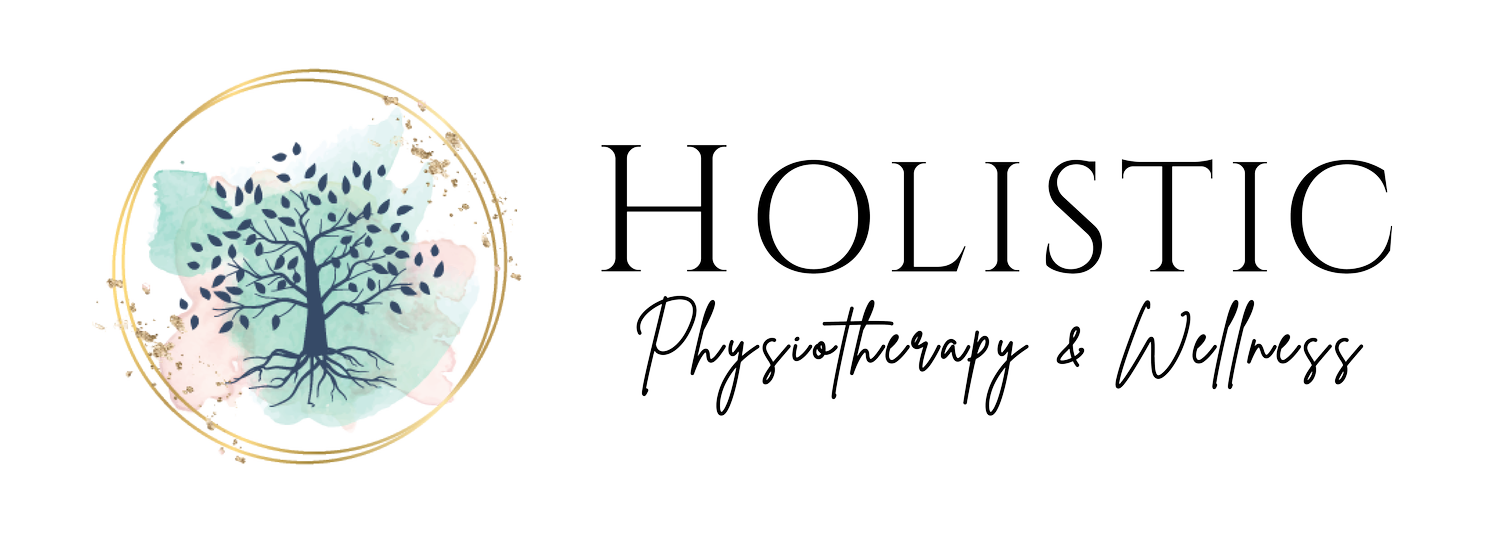Using Plants to Help You Through (Peri-) Menopause
Written by Dr. Stephanie Liebrecht | February 12, 2020
Peri-Menopause is a time during which the menstrual cycle becomes irregular, and no longer occurs with a monthly period like it once had. This typically occurs in your 40’s to early 50’s, and can last for approximately 2 or more years. This irregularity in periods happens because the ovaries are no longer ovulating each month. The ovaries are the main site of Estrogen and Progesterone production in the female body. When the ovaries no longer experience their monthly ovulation cycle, these hormone levels fluctuate and begin to decrease overall.
This fluctuation and general decline in Estrogen (and Progesterone) is what causes women to begin to experience those “menopausal symptoms” - hot flashes and night sweats, but also mood changes, lowered libido, hair loss, and vaginal dryness.
How can we support these hormone levels naturally? One way is through plants!
Herbs have traditionally been used to support hormone levels in the body, and modern research on these plants supports this! Plants that give estrogen-like activity in the body are called Phytoestrogens. They have the ability to bind and stimulate estrogen receptors, therefore increasing the amount of estrogen-like activity in the body. It is believed that Phytoestrogens do not stimulate estrogen receptors to the same degree as our own estrogen (this can be a good thing!), but even a slight increase in estrogen-like activity in the body is enough to improve or resolve those menopausal symptoms initially caused by low estrogen.
Common Phytoestrogens used for hormone support include: Black cohosh, Dong quai, Siberian rhubarb, Evening primrose, Red clover, and Licorice.
Note on Maca: Maca is also very popular! It balances hormones by supporting the adrenal glands - the main organ of estrogen and progesterone production during menopause. Although it does not bind estrogen receptors like the plants above, it does support the body in making estrogen and progesterone from the adrenals.
These plants can be taken on their own, or in combination with other plants. Your Naturopathic Doctor can guide you on which supplements and dose are best for you based on your needs and symptoms. Before using, consult with your Naturopathic Doctor if you are taking any medications or hormone replacement therapy.
Dr. Stephanie Liebrecht
Naturopathic Doctor


